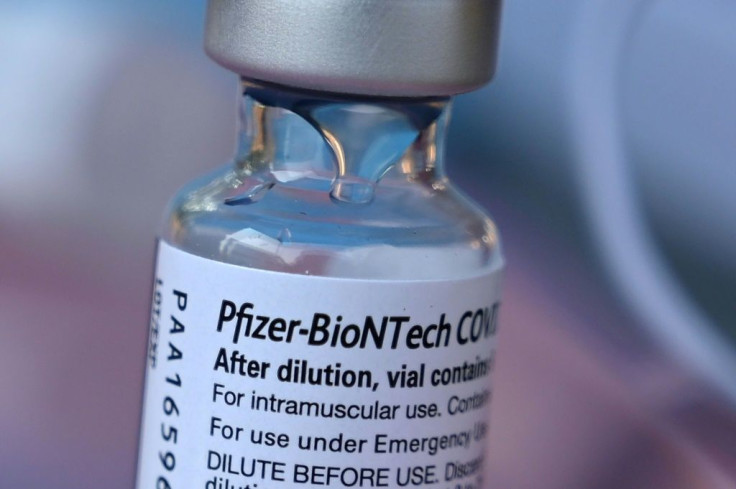Broadcaster Suffers Rare Pfizer COVID-19 Vaccine Side Effect, Hospitalized
KEY POINTS
- The journalist said he began feeling chest pains three weeks after getting the jab
- The rare side effect occurs in one in 7,400 people who receive Pfizer jab
- Pericarditis and myocarditis were often seen in males under the age of 30
A broadcaster has shared his experience of being hospitalized after suffering a rare side effect following a shot of the COVID-19 vaccine developed by Pfizer-BioNTech.
Denham Hitchcock, a journalist for Channel 7 in Australia, took to Instagram to share his story of suffering from pericarditis nearly a month after he received a jab of the Pfizer vaccine.
“The first week was like any vaccine. Feeling off. But nearing the end of the second week my heart started to race, I was getting pins and needles in the arms, extreme fatigue, and a very strange sensation of dizziness. I took Nurofen, and I kept working,” he wrote in his post.
The journalist noted that he experienced several symptoms, including sharp chest pain, cold shivers and chills, three weeks after receiving the shot. He was later admitted to the hospital where doctors diagnosed him with pericarditis, a rare side effect of the vaccine that causes inflammation of the tissues surrounding the heart.
The rare side effect impacts about one in 7,400 people who were given the Pfizer vaccine, particularly males under the age of 30, according to Australia's Department of Health.
Professor Jason Kovacic, executive director of the Victor Chang Cardiac Research Institute, insisted that the benefits of getting a vaccine jab still outweigh the risk of getting COVID-19. He also argued that pericarditis and myocarditis only occur “very, very rarely.”
“These complications have been reported in just a handful of people around the world and to the best of our knowledge most of them have recovered. In contrast, risk of having some of heart complications if you contract Covid-19 is about 1000 times higher at five to 10%,” he told News.com.au.
“The benefits for being vaccinated far outweigh any risk to the heart, especially given the highly infectious nature of the Delta variant which is now affecting an increasing number of young people.”
A recent large study conducted in Israel associated the Pfizer vaccine with an increased risk of heart inflammation among men around the age of 25. The mRNA vaccine was also associated with an increased risk of swollen lymph nodes, appendicitis and shingles.
Researchers, however, noted that the side effects remained uncommon in the study, arguing that COVID-19 is more likely to cause myocarditis than the vaccine shot itself, according to The New York Times.

© Copyright IBTimes 2025. All rights reserved.






















